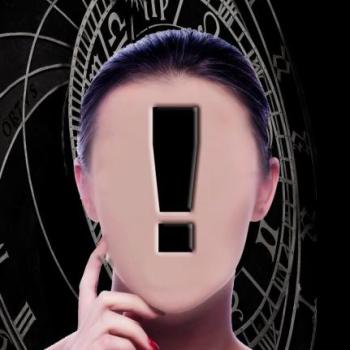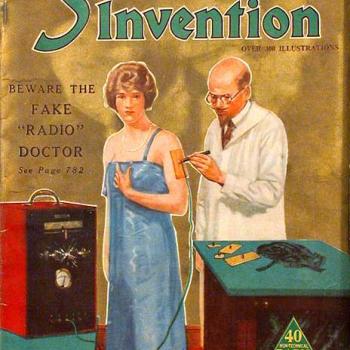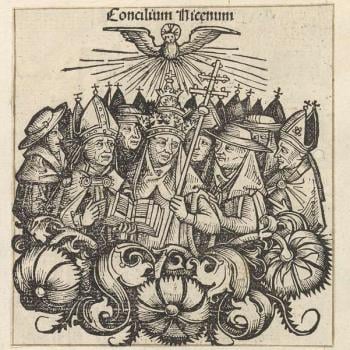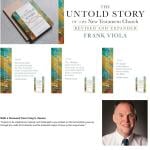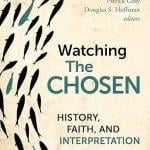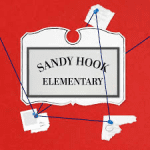Back in 1994, Lynne Cheney, former head of the National Endowment for the Humanities, published a piece in the Wall Street Journal entitled The End of History, criticizing educational standards for American History. Now she has published The End of History, Part II, about the new Advance Placement American History exam. See excerpts after the jump and consider the points I raise.
From Lynne Cheney: The End of History, Part II – WSJ:
On the multiple-choice part of the sample exam, there are 18 sections, and eight of them take up the oppression of women, blacks and immigrants. Knowing about the experiences of these groups is important—but truth requires that accomplishment be recognized as well as oppression, and the exam doesn’t have questions on subjects such as the transforming leadership of Martin Luther King Jr.
The framework requires that all questions take up sweeping issues, such as “group identity,” which leaves little place for transcendent individuals. Men and women who were once studied as inspirational figures have become examples of trends, and usually not uplifting ones. The immigrant story that the exam tells is of oppressed people escaping to America only to find more oppression. That many came seeking the Promised Land—and found it here—is no longer part of the narrative. . . .
Aside from a section about mobilizing women to serve in the workforce, the sample exam has nothing to say about World War II, the conflict in which the U.S. liberated millions of people and ended one of the most evil regimes in the history of the world. The heroic acts of the men who landed on Omaha Beach and lifted the flag on Iwo Jima are ignored. The wartime experiences that the new framework prefers are those raising “questions about American values,” such as “the internment of Japanese Americans, challenges to civil liberties, debates over race and segregation, and the decision to drop the atomic bomb.”
A history curriculum that does nothing but praise America would arguably be just as bad as one that does nothing but tear down America. If we are to learn from history, surely we need to face up to both the good and the bad.
“Civil religion” can easily become idolatrous, and American utopianism is humanistic. From a Christian perspective we dare not minimize the history of human sin.
But the reduction of history to oppression studies carries with it a particular ideological bias, one that began with Marx’s insistence that all of history is simply the record of class struggle and that continues in replacing class oppression with the oppression of other groups. Such large generalizations easily skim over particular facts that used to be the hallmark of the history field.
Also, one doesn’t have to insist on “American exceptionalism” in all cases to believe that there are elements of the American heritage that are worth preserving and passing on to the next generation. These very curricula tend to be “multi-cultural” and to praise the contributions of other cultures. But doesn’t America have a culture of its own?




